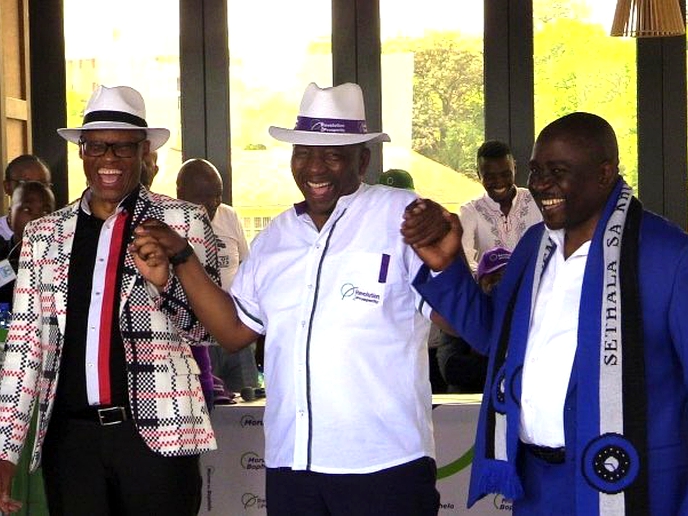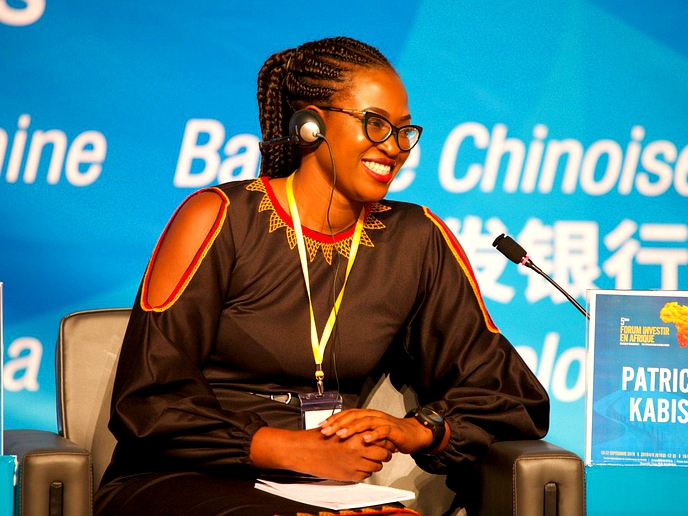THE existence of Gender Based Violence (GBV) in the workplace is a problem that goes a long way back in the history of workmanship.
comments
July 29, 2021
STAFF REPORTER
3 min read
Trade unions fight tooth and nail for the end of the historic GBV

For generations, women have been marginalised and molested by their male colleagues and bosses, for merely being there to provide their services as well as skills at work.
GBV and violence against women are two terms often used interchangeably as most violence against women is inflicted by men for gender-based reasons, while GBV affects women disproportionately.
Studies show that one of the main causes of violence against women is the perpetrator himself.
This inhumane treatment of females has been going for a long time without any serious steps being taken to uproot it from our society.
There is no doubt that violence against women and girls is one of the most disturbing human rights violations in history.
According to the World Health Organisation (WHO), GBV affects one in three women worldwide.
The health body shows that more than 600 women live in countries where domestic violence is not considered a crime.
Other studies show that more than half of all women murdered globally are slain by their male partners or a family member.
“While not necessarily fatal, domestic abuse can also lead to debilitating health outcomes, such as addiction, depression, and pot-traumatic stress disorder – for women and their children,” another study shows.
This week in Lesotho, trade unions that have seen enough of this distressing and humiliating treatment of women at work joined forces with Hippo Knitting Factory in a bid to bring an end to the widespread GBV and harassment at the textile firm.
This, after media reports had shown that supervisors and HR personnel at the factory located in Ha Hoohlo, Maseru usually sleep willy-nilly with their female colleagues, in exchange for work related favours.
The two parties consequently signed a deal aimed at improving work environment at the firm with the factory’s boss pledging full support and safety of all his employees at all times.
The signature of the deal to end the incessant harassment of women at the factory could signal the turning point in the history of female employment in the country.
Enjoy our daily newsletter from today
Access exclusive newsletters, along with previews of new media releases.
The parties that signed the contract, including the Ministry of Labour and Employment, among others agreed to work together to formulate a remedial plan that would address all injustices done to women at the factory.
The implementation of the pact that will be overseen by a local rights body, Rise Africa could have an impact in the overall treatment of female workers in all factories across the country.
But the Managing Director of Hippo Knitting, To Chan, proclaimed his ignorance to the wrong-doing, claiming he had not been aware of the ill-treatment of his female workers until the incidents were reported in the media.
Condemning the abuse that occurred under his watch, Chan said the inhumane acts need to stop urgently if Lesotho were to regain investors’ confidence.
For their part, the unions have welcomed the signature of the deal, saying it stands to change the lives of the oppressed female factory workers in Lesotho.
Tailored for you






